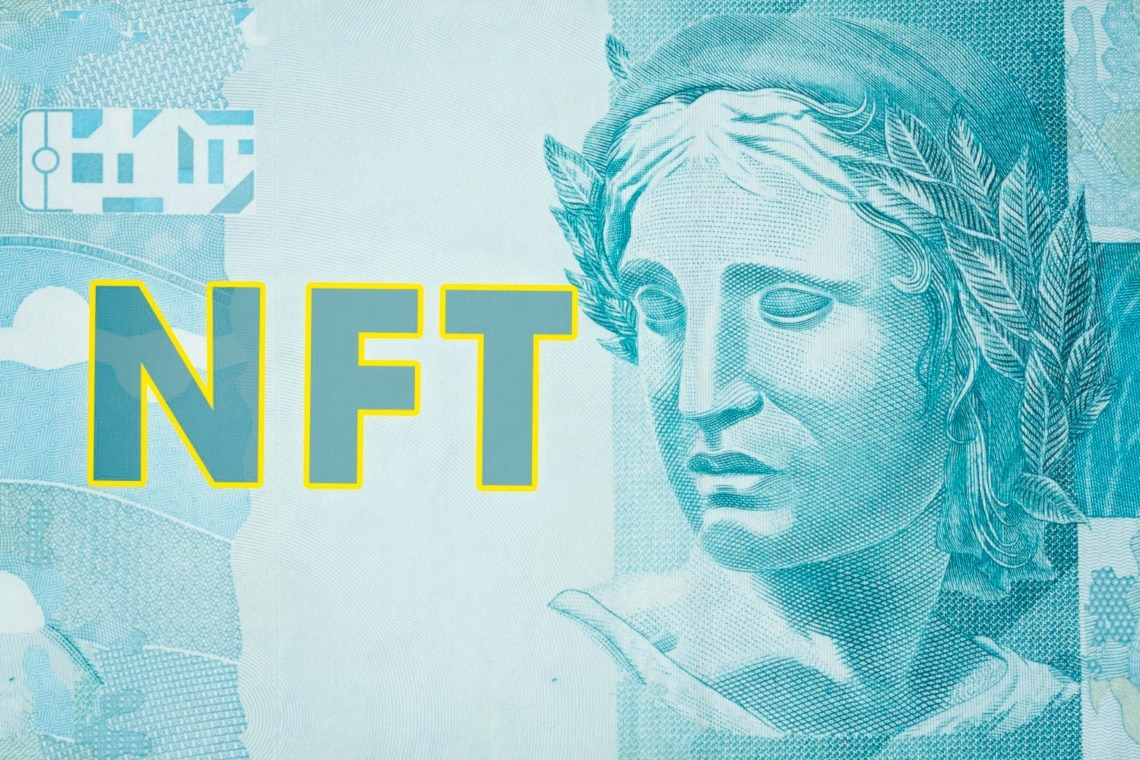Whatever sector you cast your eyes into, what seems clear is the expansion of NFTs, whether fungible or not. Increasingly more banks, games, social networks and whatever else are becoming familiar with these assets.
NFTs take hold everywhere
Research conducted by YouGov and published on 18 February 2022 titled “Awareness of Non-Fungible Tokens among Adults in the US during March 2021/February 2022” brings to light people’s perceptions of these tokens and how entrenched it is among the common population (including non-investors).
Based on the assumption that NFTs (Non-Fungible Tokens) are intertwined with the crypto sector in that both are linked to the blockchain, often the user base of the two assets coincide and those who become passionate about one usually end up playfully making contact with the other as well, NFTs have also enjoyed a great expansion in the wake of the spread of major cryptocurrencies such as BTC and ETH.
Although the spread of cryptocurrencies has also driven the spread of virtual artworks, there are other factors that come into play in their proliferation, one of which is the intermingling of art and technology; blockchain and cryptography have given rise to new palettes on which artists and programmers combine their know-how to experiment with exclusive works of great value.
NFT collections are often limited series or even one-of-a-kind pieces, and this, combined with technology that makes them impossible to copy and replicate, increases their value.
The research conducted by YouGov first points the spotlight on an important data point that is evolving this year compared to the last: the number of people who have never heard of NFTs.
The data found in YouGov’s research
While in March 2021 the word NFT was unknown to 66% of the population, this year it is only 44% who do not know what it is.
The research goes even deeper and differentiates between those who have heard of it and know what it is, those who have heard of it but are not sure what it is, and finally those who have heard of it but do not know what it is.
The data reported by YouGov shows that since last year, the percentage of people who are knowledgeable has increased by 10% from 12% to 23%, while those who are uncertain have only increased by 7% from 13% to 19%.
These numbers make it clear that at least 50% of people are aware of them regardless of the level of knowledge, and this has led many financial institutions to pounce on the deal.
Goldman Sachs is studying “non-fungible tokens in the context of financial instruments” to develop ad hoc tools to make it easier for its clients to buy and exchange them.
JP Morgan recently opened a private lounge in the metaverse where users can purchase virtual land plots via NFTs while Nomura, a major Japanese bank, is distinguishing itself as a presence in the cryptocurrency and NFT sector with promotions to attract new users and existing customers.

